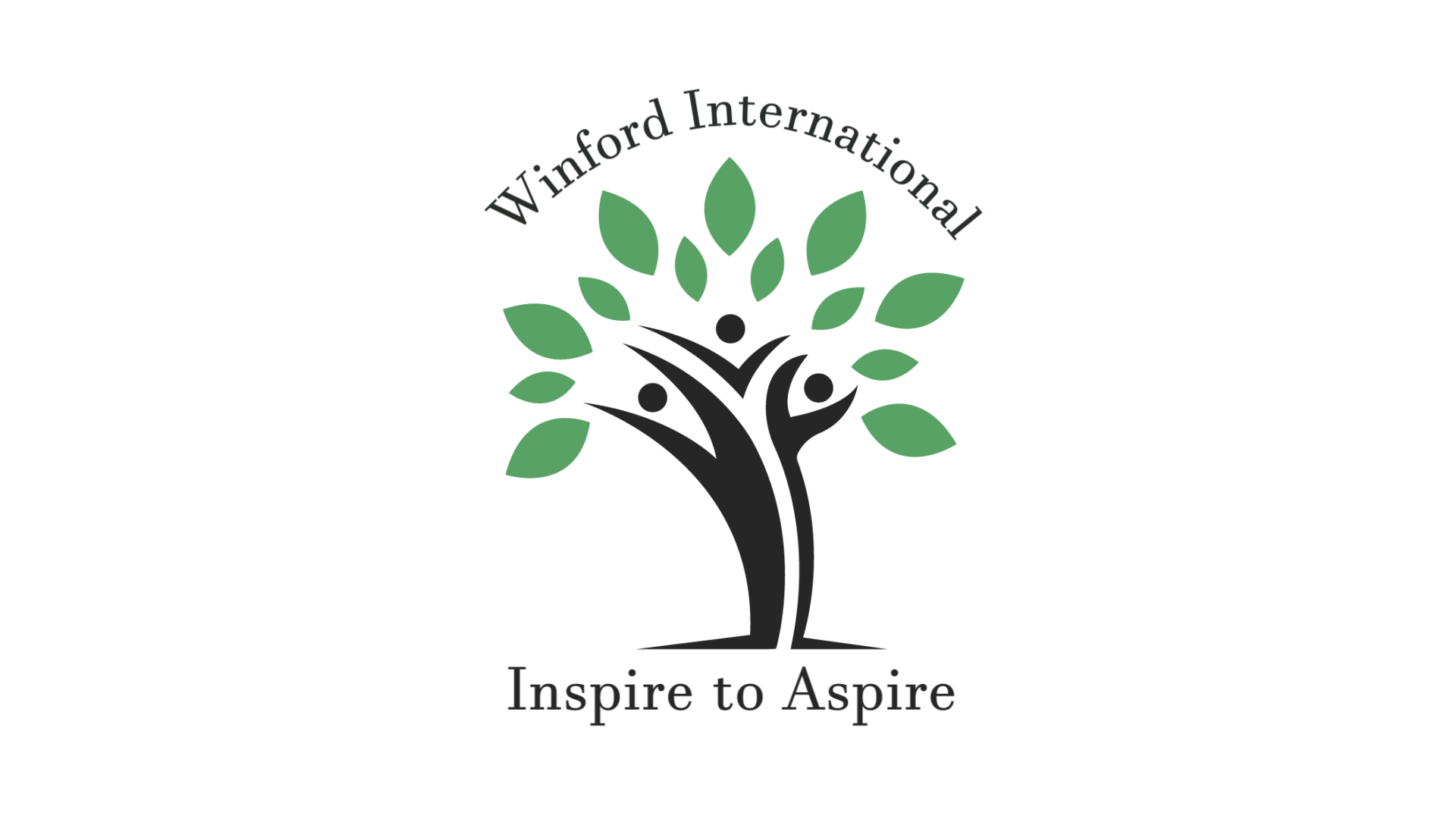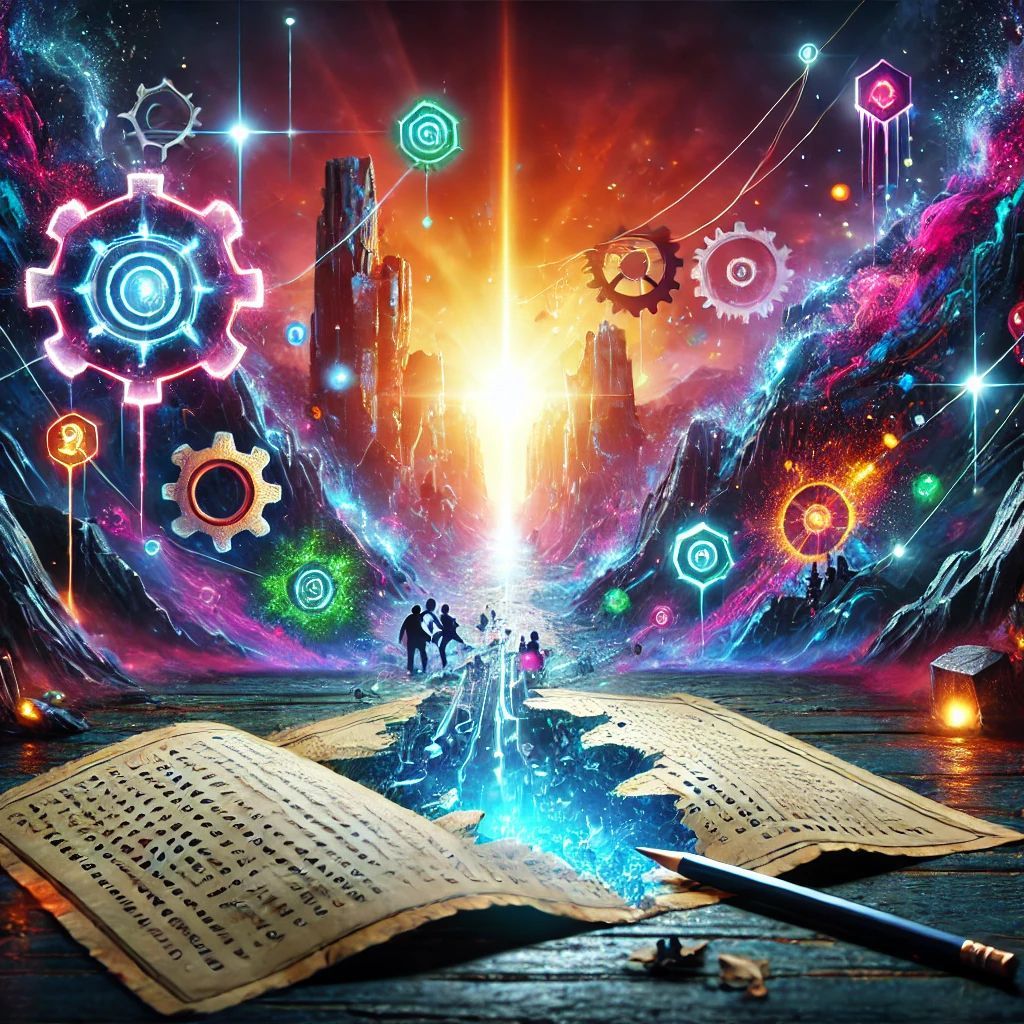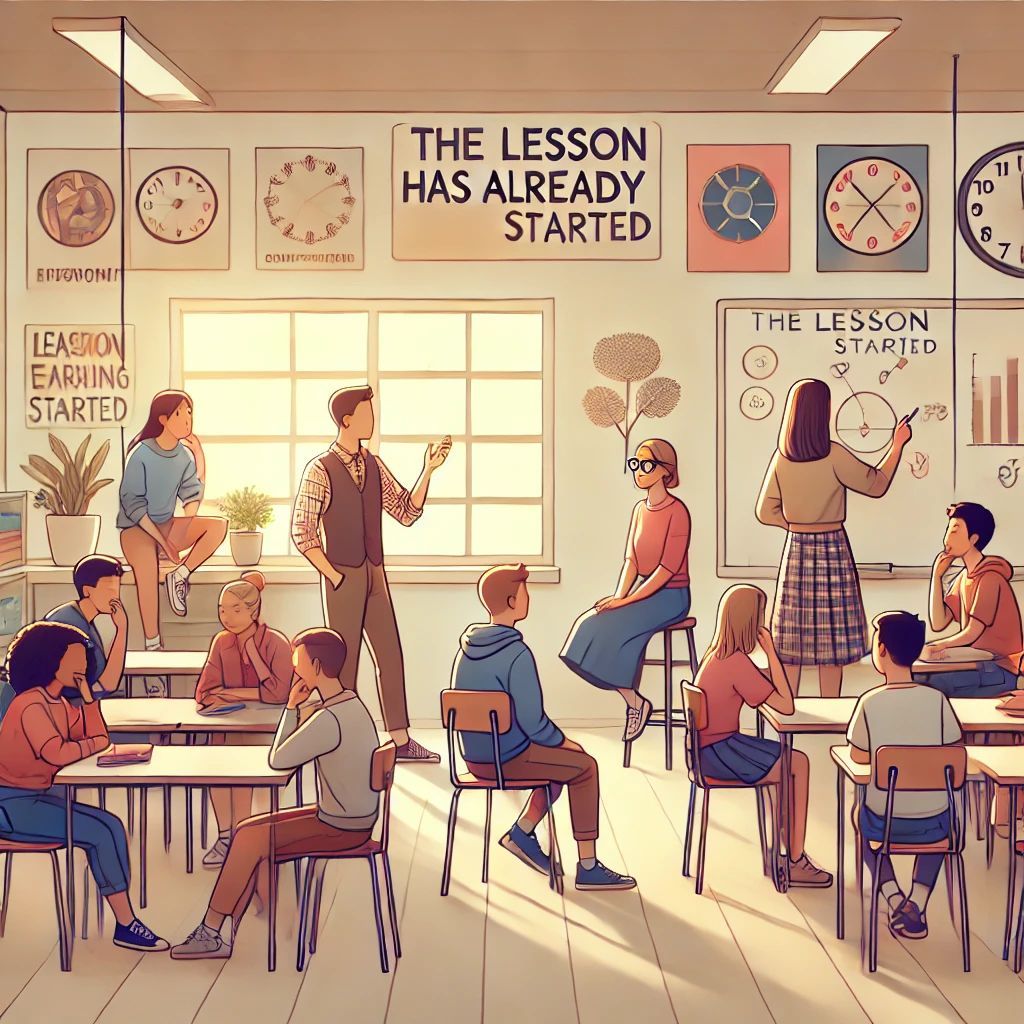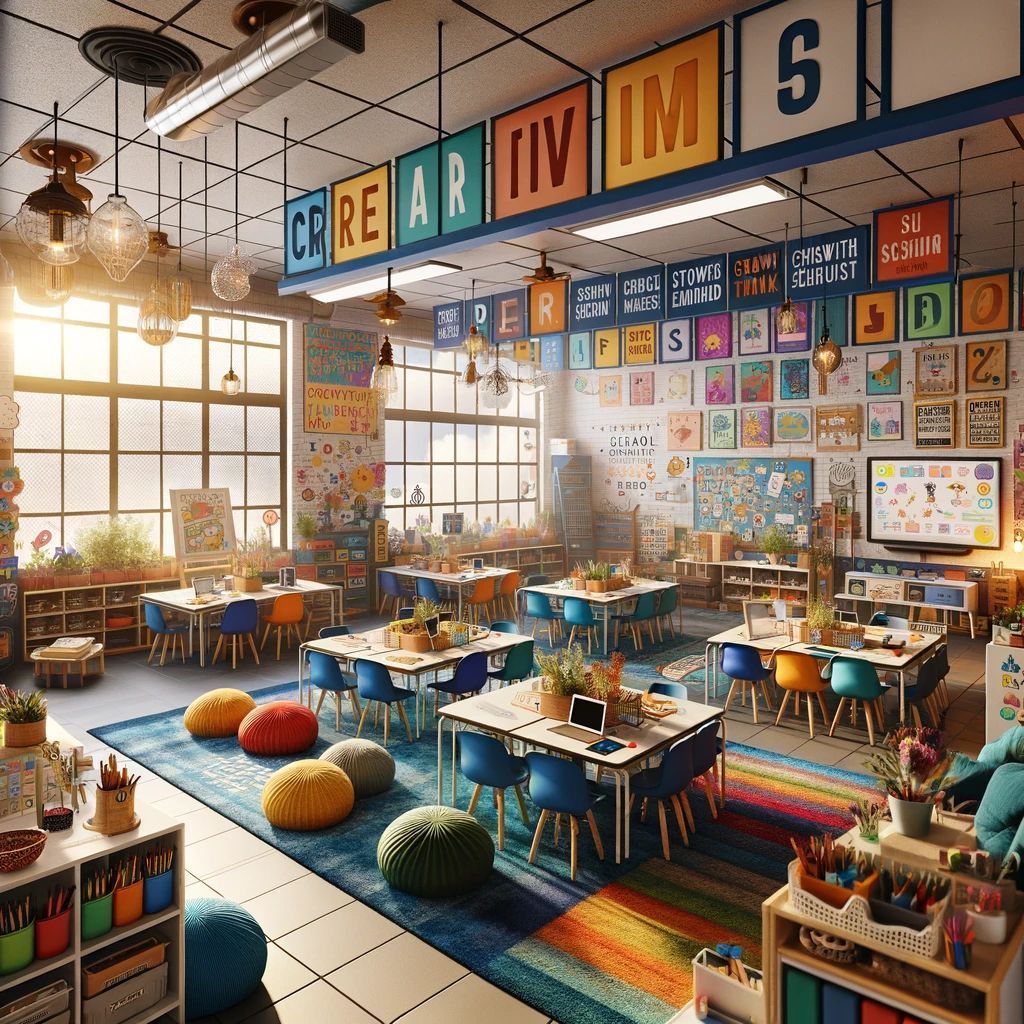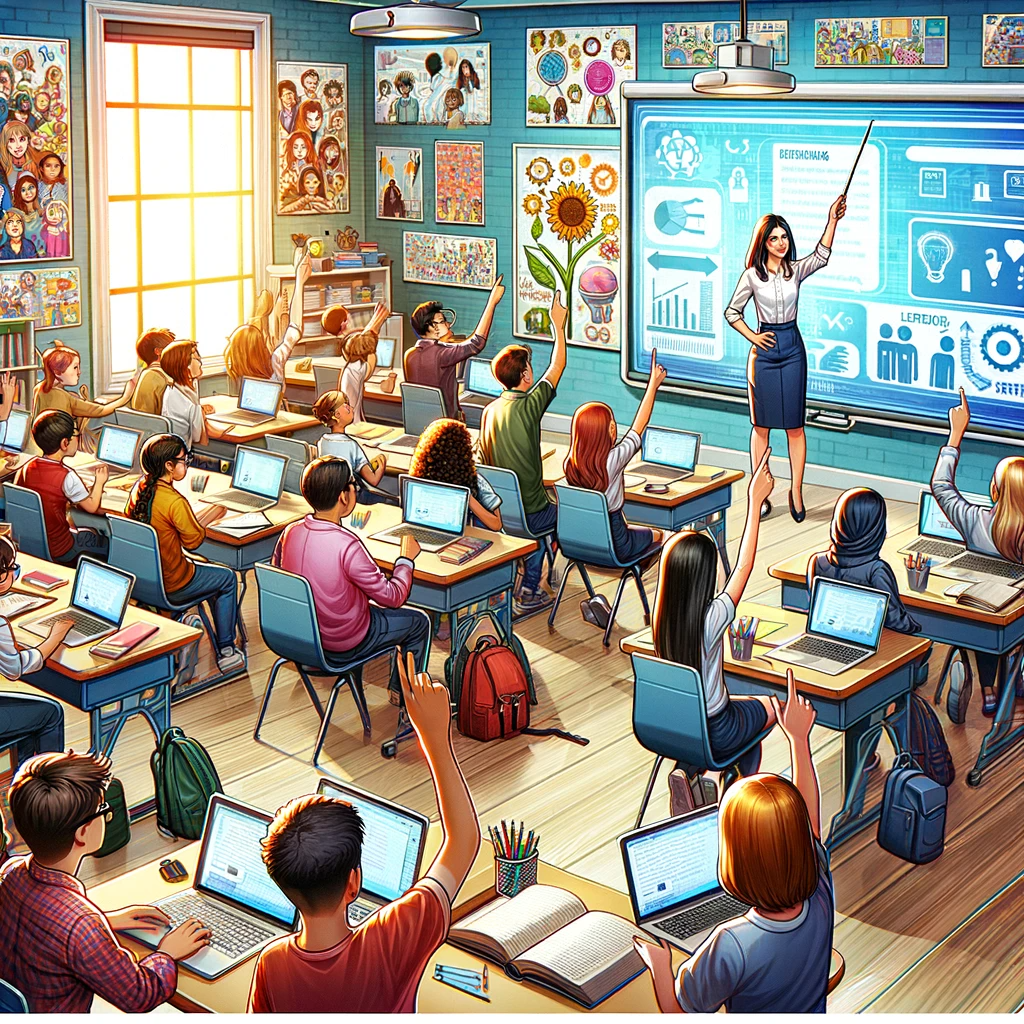The Imperative for Educational Evolution: Embracing the Future of Learning
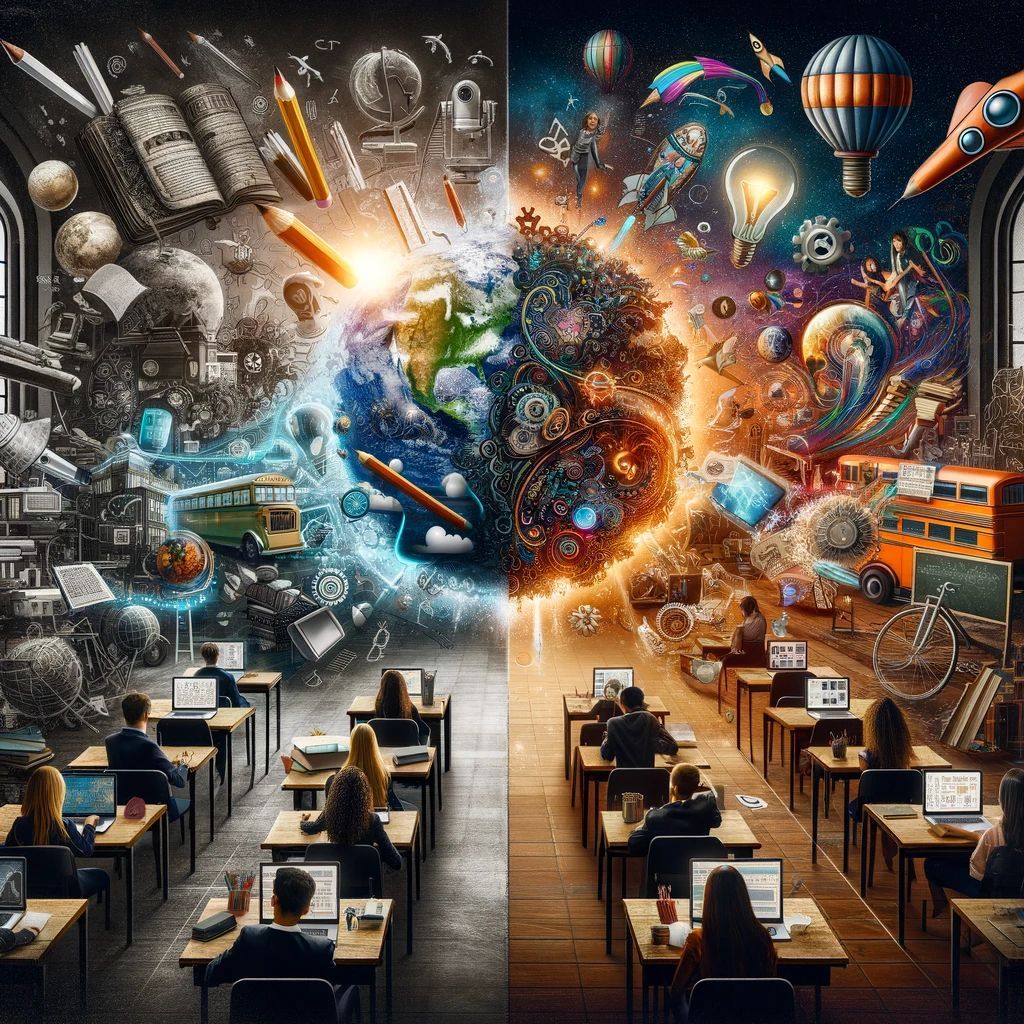
In the realm of education, a profound shift is necessary to transcend the archaic methodologies that have long governed our schools. The traditional approach to education, with its reliance on outdated curricula and teaching methods, is proving increasingly ineffective in preparing our students for the complexities of the modern world. This critique aims not to diminish the dedication and passion of educators, who often work under constraints that hinder their ability to innovate, but rather to highlight systemic issues that demand urgent attention.
The Wealthiest Place on Earth: A Repository of Unfulfilled Potential
It is often said that the wealthiest place on earth is the graveyard. This statement underscores a poignant reality: it is the final resting place of untold hopes, dreams, ideas, and innovations that the world never had the chance to witness. The educational system, in its current form, contributes to this repository of unrealised potential by failing to nurture and develop the innate talents and abilities of its students. As educators and leaders, it is our responsibility to ensure that the dreams and ideas of the young minds entrusted to our care do not end up as mere what-ifs buried in the annals of time.
The Insecure Leader and the Paradigm of Change
The landscape of leadership within educational institutions is fraught with challenges, chief among them being the reluctance to depart from established norms. This insecurity, often manifesting as a resistance to change, undermines the potential for schools to evolve. Leaders in education must adopt a visionary stance, recognising that the true measure of success lies not in adhering to tradition, but in the ability to foster adaptability, critical thinking, and leadership among students.
The School of 'Grandad' Governors and the Urgent Need for Curriculum Reform
The governance of educational institutions frequently suffers from a temporal disconnect. Boards and governing bodies, steeped in traditionalism, may fail to appreciate the exigencies of the digital age. This dissonance between the stewards of education and the realities of the contemporary world stymies progress. The curriculum, a cornerstone of the educational edifice, requires a radical overhaul to reflect the skills and knowledge pertinent to today's society. In clinging to outdated textbooks and pedagogical strategies, we risk rendering our students ill-equipped to navigate the challenges and opportunities of the future.
Innovation in Leadership: Beyond Polishing the Status Quo
While there are undoubtedly inspirational and innovative leaders in the educational sphere making strides toward progress, their efforts often amount to moving the same needle—polishing the status quo rather than revolutionising it. What is needed is not incremental change but a fundamental shift from 'what was' to 'what's really possible'. Too many education leaders are content with maintaining the status quo, comfortably ensconced in their positions and focused narrowly on exam outcomes, without addressing the broader needs for development and innovation. This cycle of academic inertia must be broken if we are to avoid continuing to produce graduates who, despite their potential, emerge devoid of the skills, communication abilities, talent, or ambition necessary to thrive in the modern world.
The Shortcomings of PSHE and the Quest for Meaningful Learning
Personal, Social, Health, and Economic (PSHE) education embodies the potential to prepare students for the multifaceted demands of life beyond the classroom. However, despite its critical importance, PSHE often receives insufficient emphasis in the curriculum. The dearth of guidance, training, and dedicated time for PSHE reflects a broader undervaluation of holistic education. Educators must champion the integration of PSHE into the curriculum, ensuring that it receives the attention and resources necessary to make a meaningful impact on students' development.
The One-Size-Fits-All Dilemma and the Call for Personalised Learning
The notion that a uniform educational approach can meet the diverse needs of all learners is fundamentally flawed. The analogy of administering the same medication to a group of individuals, with varying outcomes, aptly illustrates the folly of a one-size-fits-all curriculum. Education must become more adaptive and personalised, recognising and nurturing the unique talents, interests, and learning styles of each student. This shift towards individualised learning requires a radical rethinking of curriculum design and delivery, moving away from standardisation towards a more flexible and responsive model.
Towards a Future of Inspired Learning
The challenges facing education today call for a collective effort to reimagine and reshape the learning experience. Educators, leaders, and policymakers must work collaboratively to foster environments that prioritise innovation, creativity, and personal growth. By embracing change and adopting a forward-looking perspective, we can ensure that our educational systems not only meet the demands of the present but are poised to anticipate and respond to the needs of the future.
To catalyse the transition from traditional educational paradigms to innovative learning environments, we must engage in thoughtful consideration of both the barriers and opportunities that lie ahead. These considerations serve as both a critique of the status quo and a beacon for future endeavours in education. By addressing these pivotal points, educators, administrators, and policymakers can collaboratively pave the way for a more adaptive, inclusive, and forward-thinking educational landscape.
Consideration 1: Cultivating a Culture of Continuous Innovation
The inertia that currently characterises the educational sector can be attributed, in part, to a pervasive fear of failure and a tendency towards risk aversion. To overcome this, there needs to be a cultural shift towards embracing innovation as a continuous process. This involves:
- Encouraging experimental pedagogies that allow for failure and learning from mistakes as integral components of the educational process.
- Professional development opportunities focused on innovative teaching methodologies and technologies, ensuring educators are not only comfortable with but also excited about using new tools and approaches.
- Rewarding innovation at all levels of the educational system, from classroom teachers to school leaders, to foster an environment where new ideas are celebrated and shared.
Consideration 2: Personalised Learning Paths
The diversity of learner needs and the advent of technology-enabled education necessitate a move towards more personalised learning experiences. This can be achieved through:
- Adaptive learning technologies that tailor educational content to the individual learner's pace, style, and interests.
- Flexible curriculum designs that offer students choices in what, how, when, and where they learn, promoting autonomy and self-directed learning.
- Competency-based assessments that focus on mastery of skills and knowledge rather than time spent in a classroom, allowing students to progress as they achieve learning milestones.
Consideration 3: Integration of Real-World Skills and Experiences
To ensure that education remains relevant in the rapidly changing global landscape, curricula must evolve to include skills that are critical for success in the 21st century. This involves:
- Embedding critical thinking, problem-solving, and creativity into all areas of study, beyond the confines of specific subjects like art or science.
- Partnerships with industries and communities to provide students with real-world learning opportunities, such as internships, project-based learning, and community service.
- Digital literacy and computational thinking as core components of the curriculum, preparing students for a future in which technology plays a central role in all aspects of life.
Consideration 4: Equity and Access for All Learners
The vision for a transformed educational system must be inclusive, ensuring that all students, regardless of their background, have access to high-quality learning experiences. This requires:
- Addressing the digital divide by providing access to necessary technology and internet connectivity for all students.
- Inclusive curriculum design that reflects the diverse cultures, histories, and perspectives of students, promoting a sense of belonging and validation.
- Support systems and interventions tailored to the needs of students who may require additional assistance, including those with disabilities, learners of English as an additional language, and students from economically disadvantaged backgrounds.
Consideration 5: Fostering Global Citizenship and Ethical Leadership
In an increasingly interconnected world, education must prepare students not only for local or national participation but for active and responsible global citizenship. This entails:
- Cultivating an understanding of global issues and challenges, such as climate change, social justice, and inequality.
- Promoting values of empathy, respect, and ethical leadership through curriculum and school culture.
- Encouraging multilingualism and cross-cultural exchanges to broaden students' perspectives and enhance their ability to communicate and collaborate across cultural and linguistic barriers.
Footnote of Consideration: Addressing the Practical Challenges of Personalised Learning
It is widely acknowledged within the discourse on educational innovation that the concept of a personalised learning plan and delivery strategy for each learner, while theoretically ideal, presents significant practical challenges within the current educational framework. The ambition to tailor education to the individual needs, preferences, and learning speeds of each student is a monumental task that may seem time-consuming, impractical, and, under current conditions, impossible to fully realise. This is especially pertinent in the context of institutional and regulatory environments where there is a universal expectation for all students to reach a certain standard of learning by a specific age—typically by 16 years old—in order to be deemed foundationally prepared for life's subsequent stages.
The complexities of implementing individualised learning paths are manifold, involving logistical hurdles such as resource allocation, teacher training, and the adaptation of curricula to allow for such flexibility. Moreover, the prevailing structure of school life, with its standardised assessments and uniform learning objectives, does not easily accommodate the diversification of learning experiences that personalisation demands.
However, the recognition of these challenges should not deter educational stakeholders from pursuing incremental changes that move us closer to the ideal of personalised education. To address this monumental hurdle, it is necessary to consider innovative approaches that can be integrated within the existing educational schema. Strategies may include:
- Leveraging technology to facilitate differentiated learning experiences within the classroom, using adaptive learning software that adjusts to the learning level of each student.
- Flexible grouping and scheduling, allowing students to work in groups that align with their learning needs and interests at various points throughout the school year.
- Project-based learning, which offers a platform for students to engage with content in a manner that aligns with their interests and learning styles, while still working towards common educational standards.
- Professional development for educators, focused on equipping teachers with the skills to manage diverse learning needs within their classrooms and to effectively utilise technology in support of personalised learning.
While a fully personalised educational experience for every student may not be immediately feasible, these strategies represent practical steps towards creating more adaptable and responsive learning environments. The ultimate goal remains to ensure that all students are equipped with the knowledge, skills, and dispositions necessary to navigate the complexities of the modern world, even as we acknowledge and work within the constraints of our current educational systems.
By embracing a pragmatic yet aspirational approach to personalised learning, educators and policymakers can make meaningful progress towards addressing the diverse needs of students. This journey requires creativity, flexibility, and a commitment to continuous improvement and innovation in the face of logistical and systemic challenges.
Meeting these considerations (head-on), the educational community can initiate a profound and necessary transformation. This journey requires collective action, courage to embrace change, and a commitment to a vision of education that fully prepares learners for the complexities of the 21st century. Through these efforts, we can ensure that education becomes a dynamic and responsive force, capable of unlocking the potential of every learner and empowering them to navigate the challenges and opportunities of an ever-changing world.
In conclusion, the transformation of educational practices is not merely desirable but essential. As we venture into an era marked by rapid technological advancement and societal shifts, the ability to adapt and evolve becomes paramount. Let us, therefore, embrace the challenge of redefining education, guided by a commitment to excellence
At least – if nothing else – today, we are having the very real conversation!
